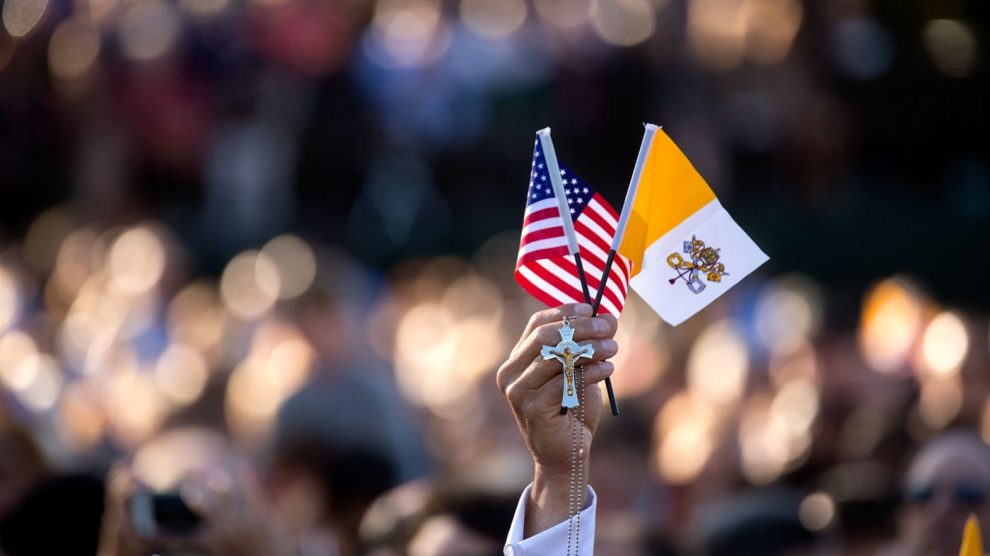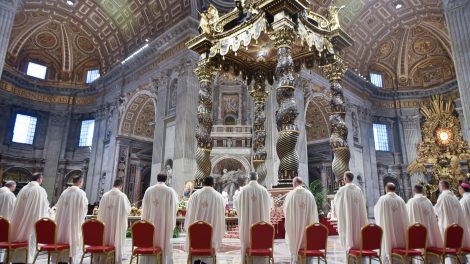Washington to St Peter. Roger Carstens, a retired Army Lieutenant Colonel who served in the Special Forces, is the Special Presidential Envoy for Hostages Affairs to Vatican City. And he’s been in Rome for four days, Wednesday to Saturday, to work together with the Holy See diplomacy.
- “The Holy See has worldwide reach and is a leader on global issues. We look forward to discussing these issues and identifying areas of cooperation,” said a State Department spokesperson introducing Mr Carstens’ visit.
- “At the highest levels of the US government, we are actively working with experts inside and outside of government to bring US hostages and wrongful detainees home, and to deter countries from this practice,” he added.
Hostage diplomacy, as the famed expert on hybrid warfare Elizabeth Braw put it, is increasingly being used by autocracies to undermine democracies as an alternative to direct military confrontation. It has low costs and risks for those who adopt it while requiring open societies to involve all their sectors to counter it effectively. The practice, however, risks widening the gap between democracies and autocracies – by creating a climate of political as well as commercial distrust between the two.
The list of US hostages is growing. Last month, pro basketball player Brittney Griner was sentenced in Russia to nine years imprisonment on charges of “cannabis trafficking” – because she was in possession of cannabis oil vaporizer cartridges. There’s talk of a possible prisoner swap with Viktor Bout, an arms smuggler nicknamed the “merchant of death,” who’s been in a US jail since 2010.
- Her case resembles those of Paul Whelan, a former Marine, arrested in 2018 in Russia on espionage charges and sentenced to 16 years in prison; Matthew John Heath, another former Marine, detained in Venezuela for two years on charges of terrorism and arms trafficking; Siamak Namazi, an Iranian-US businessman imprisoned in the dreaded Evin prison outside Tehran on espionage charges; Austin Tice, a journalist and Marine veteran, kidnapped in Syria 10 years ago. Just to name a few.
It’s a growing trend, as Wendy Sherman, Deputy Secretary of State, recounted on Friday at a Washington Post event. It’s undoubtedly a humanitarian matter but also – and above all – a national security issue.
- It’s also a priority for President Biden, said Ms Sherman, recalling the executive order he signed in July. And Mr Carstens’s trip to the Holy See confirms the White House is leaving no path untrodden in pursuing the hostages’ safe return.
- The Special Envoy is one of the few Trump Administration staffers that President Biden confirmed. But relations between the US president and Pope Francis seem more relaxed now than when Donald Trump was in the White House.
Good news. On Monday, US Navy veteran Mark Frerichs was “making his way home from Afghanistan” after more than two years in captivity, said Secretary of State Antony Blinken. He was exchanged with Bashir Noorzai, a Taliban ally serving a life sentence for drug trafficking.





